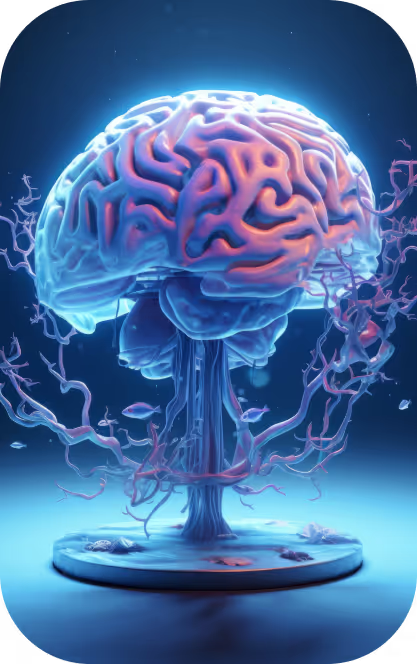Artificial intelligence and the transition from the biosphere to the noosphere

.webp)
When the prominent Ukrainian scientist Vernadsky first formulated the concept of the transition from the biosphere to the noosphere, he probably could not have imagined how quickly this process would become a reality in our time. His idea that the human mind will become the main driver of evolution has become especially relevant in the era of rapid technological progress. And now that artificial intelligence (AI) is becoming a part of our everyday life, this theory is getting a new round of development.
To understand the significance of the transition to the noosphere, it is worth recalling what the biosphere is. The biosphere is our natural home, a system in which humans coexist with other living organisms, obeying the laws of nature. For thousands of years, humanity has developed within this system, using resources and adapting to environmental changes. However, the development of technology has opened up a new era where the human mind is becoming the dominant factor capable of changing nature itself.
Vernadsky described the noosphere as the next stage of evolution, where human mental activity plays a major role. It is important to understand that this is not just a change in technology, but a profound transformation of the very essence of human civilisation. In the noosphere era, humans become not just a part of nature, but its creator and steward, able to actively influence the development of the planet. We can already see artificial intelligence becoming an important part of this process. AI helps humans expand their capabilities by performing tasks beyond our natural abilities. In the field of ecology, for example, AI analyses large amounts of data, models climate change scenarios, and offers solutions for biodiversity conservation. In medicine, AI is already saving lives by helping to diagnose diseases at early stages.
It is through AI capabilities that we can talk about the new role of humans as the ‘architect’ of nature, which is in line with the concept of the noosphere. Humanity is gradually moving away from passive coexistence with the biosphere to active management of evolutionary processes.
However, like any revolutionary process, this transition is not without challenges. AI raises the question of the balance between technological development and the preservation of natural harmony. Will new technologies pose a threat to the biosphere, and thus to the noosphere itself? This dilemma becomes especially important in the context of global environmental problems. Thus, the integration of artificial intelligence into global processes requires careful analysis and responsibility.










